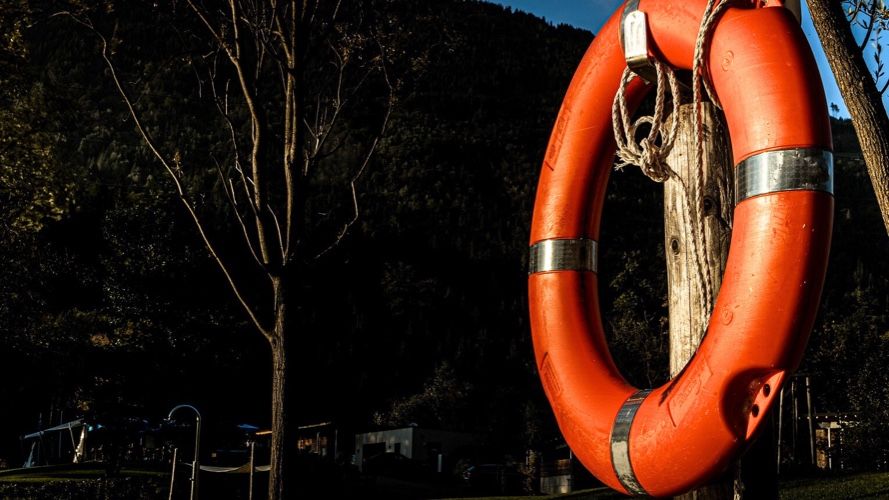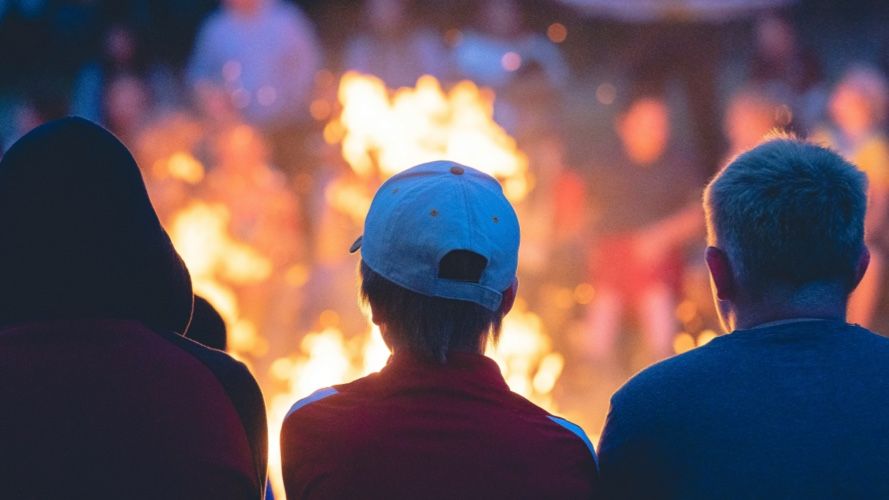How are camps preparing for emergencies

Introduction
When you're sending your child off to camp for the first time, it's natural to wonder: What happens if something goes wrong? Whether it's a thunderstorm, a twisted ankle on the trail, or something more serious, parents want to know their child will be safe. That's why understanding how camps prepare for emergencies is such an important part of choosing the right summer camp.
In this guide, we’ll walk through the key emergency procedures most camps have in place, and what to look for as a parent doing your research - especially if this is your first time sending your child to camp.
Key takeaways:
- Most accredited camps follow strict emergency planning and safety protocols
- Camp staff are trained in first aid, CPR, and emergency drills
- Communication plans help keep parents informed when needed
- Camps often coordinate with local EMS, fire, and health departments
- Knowing what to ask ahead of time builds confidence and trust
Why emergency planning matters at camp
Even in the most fun-filled setting, accidents and unexpected situations can happen. Camps are often in remote areas or involve outdoor activities, which adds a layer of complexity. The good news? Many camps go above and beyond in preparing for exactly these kinds of scenarios. From severe weather protocols to health emergencies, understanding how a camp handles the unexpected helps ensure your child’s wellbeing - and gives you peace of mind.
What most camps have in place
Here are the most common elements found in a camp’s emergency response plan:
Staff training
- Counselors and staff are typically certified in first aid and CPR
- ACA accreditation requires camps to maintain documented safety training
- Many camps conduct drills for situations like fire, severe weather, or lockdowns
Medical protocols
- Onsite or on-call medical staff (often a nurse or EMT)
- Clear procedures for handling injuries, allergies, or illnesses
- Medication storage and administration policies
Communication systems
- Designated emergency contacts for each camper
- Internal systems to notify all staff of emergencies
- Parent notification plans for serious events
Coordination with local services
- Partnerships with nearby hospitals, police, and fire departments
- Evacuation plans tailored to the camp’s location and terrain
- Emergency transportation plans when needed
Questions to ask before enrolling
Before committing to a camp, here are a few parent-friendly questions to help gauge their preparedness:
- What’s your plan for severe weather or wildfire?
- Are staff trained in emergency first aid and CPR?
- How do you store and manage medication?
- How and when would I be contacted if something happens?
- Do you partner with local emergency responders?
These questions show that you’re not just concerned - you're informed. And good camps will welcome them.
Signs of a well-prepared camp
When reviewing camps, look for these signals:
- They mention ACA accreditation or follow similar standards
- They provide their emergency policy on their website or in parent materials
- Health forms, allergy alerts, and medication instructions are built into the enrollment process
- Staff discuss safety and emergency plans confidently and clearly
If you're using an overnight camp checklist, make sure it includes any health or safety-related items like inhalers, EpiPens, or emergency contact cards.
Helpful resources for parents
If you're digging deeper into how camps might handle emergencies, these resources can help:
FAQ
- Do camps have emergency evacuation plans?Yes, most camps have specific plans in place for evacuation due to fire, weather, or other risks. These are usually rehearsed with staff and sometimes campers too.
- How will I be notified in an emergency?Camps often use phone, email, or emergency alert systems to notify parents depending on the urgency. Ask your camp how they handle communication.
- What if my child has an allergy or medical condition?Accredited camps require detailed health forms and often have trained staff or nurses on-site. You can also request a medication plan during enrollment.
- Are counselors trained to handle emergencies?Yes. Most camps require counselors to have current certifications in CPR, basic first aid, and sometimes additional crisis response training.
- What’s the best way to feel confident in a camp’s safety?Ask about their emergency protocols, confirm they’re ACA accredited, and look for clear parent communication practices. You can also consult parent resources and reviews online.
Conclusion
Emergencies are rare, but preparation is everything - especially when it comes to your child. The more you understand about how camps prepare for emergencies, the more confident you'll feel when choosing the right summer camp.


